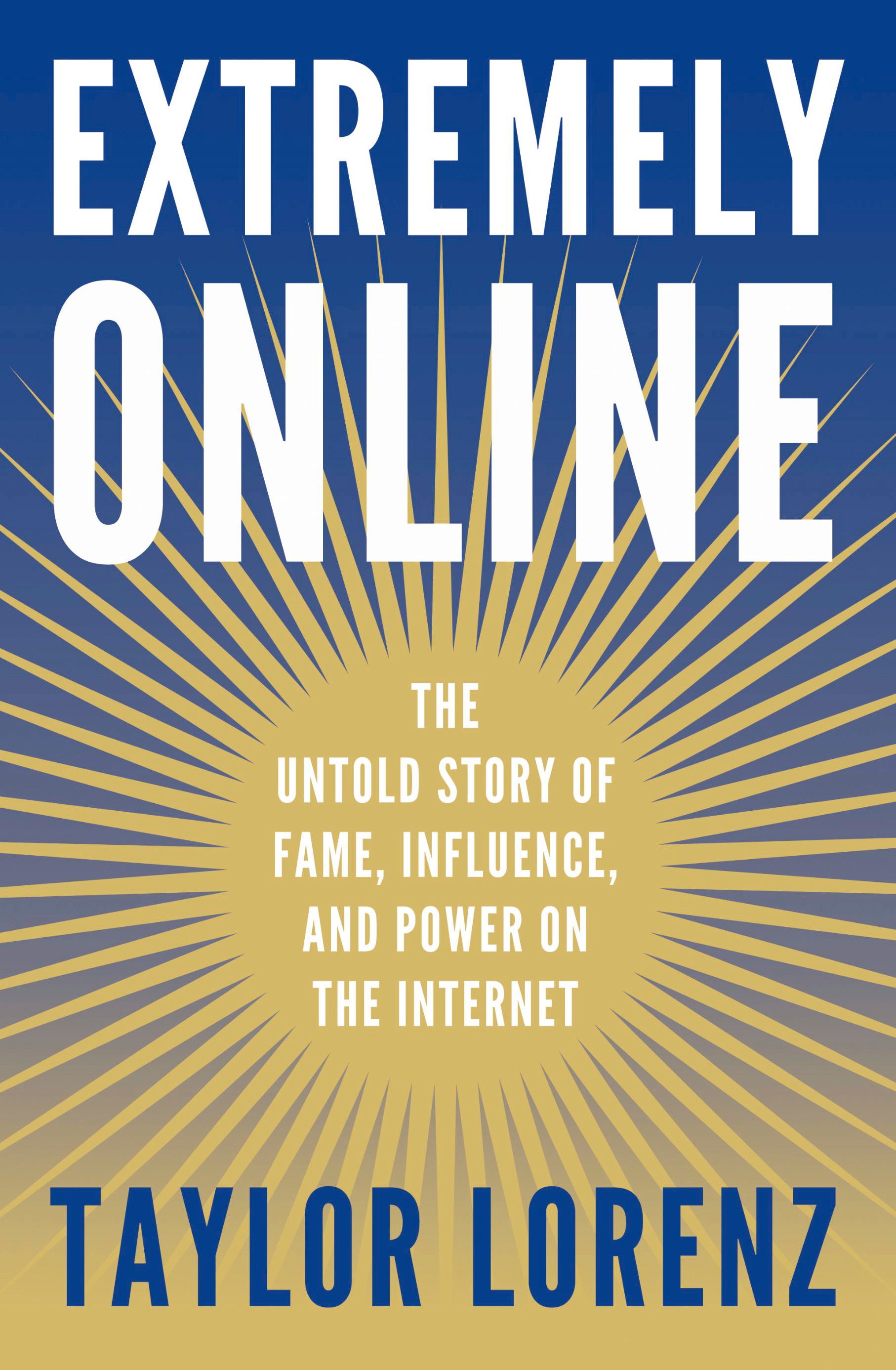Book Review: 'Extremely Online' shows how creators and influencers have shaped social media
Washington Post technology columnist Taylor Lorenz tells the social history of social media in “Extremely Online: The Untold Story of Fame, Influence and Power on the Internet.”

There's no shortage of books published in the past several years that have focused on the recent history of social media companies and the founders of the tech giants running them.
In “Extremely Online: The Untold Story of Fame, Influence, and Power on the Internet,” Taylor Lorenz makes a valuable and entertaining contribution to that collection by telling the story through the prism of the users, creators and influencers who have shaped social media and its impact on our culture.
Lorenz, technology columnist for The Washington Post, has written what she calls a social history of social media that profiles the motley collection of figures who have had arguably more influence on the landscape of the modern Internet than most Silicon Valley executives.
From mommy bloggers to TikTok celebrities, Lorenz focuses on the users who “revolutionized new approaches to work, entertainment, fame, ambition in the 21st century.”
As someone who has covered those new approaches over the years, Lorenz is well-positioned to chronicle that history. Lorenz tells the story of how tech companies struggled to adapt to users' needs and demands over the past two decades.
The book is an enlightening history of the pioneers of influencers such as bloggers Heather Armstrong and Julia Allison, as well as the rise and fall of platforms such MySpace and Vine.
She also explores the dark side of social media's rise, looking at how platforms have been weaponized from “Gamergate" to the rapid spread of misinformation during the COVID-19 pandemic. She lays bare the challenges created by the transformation of social media, noting that “tech founders may control source code, but users shape the product.”